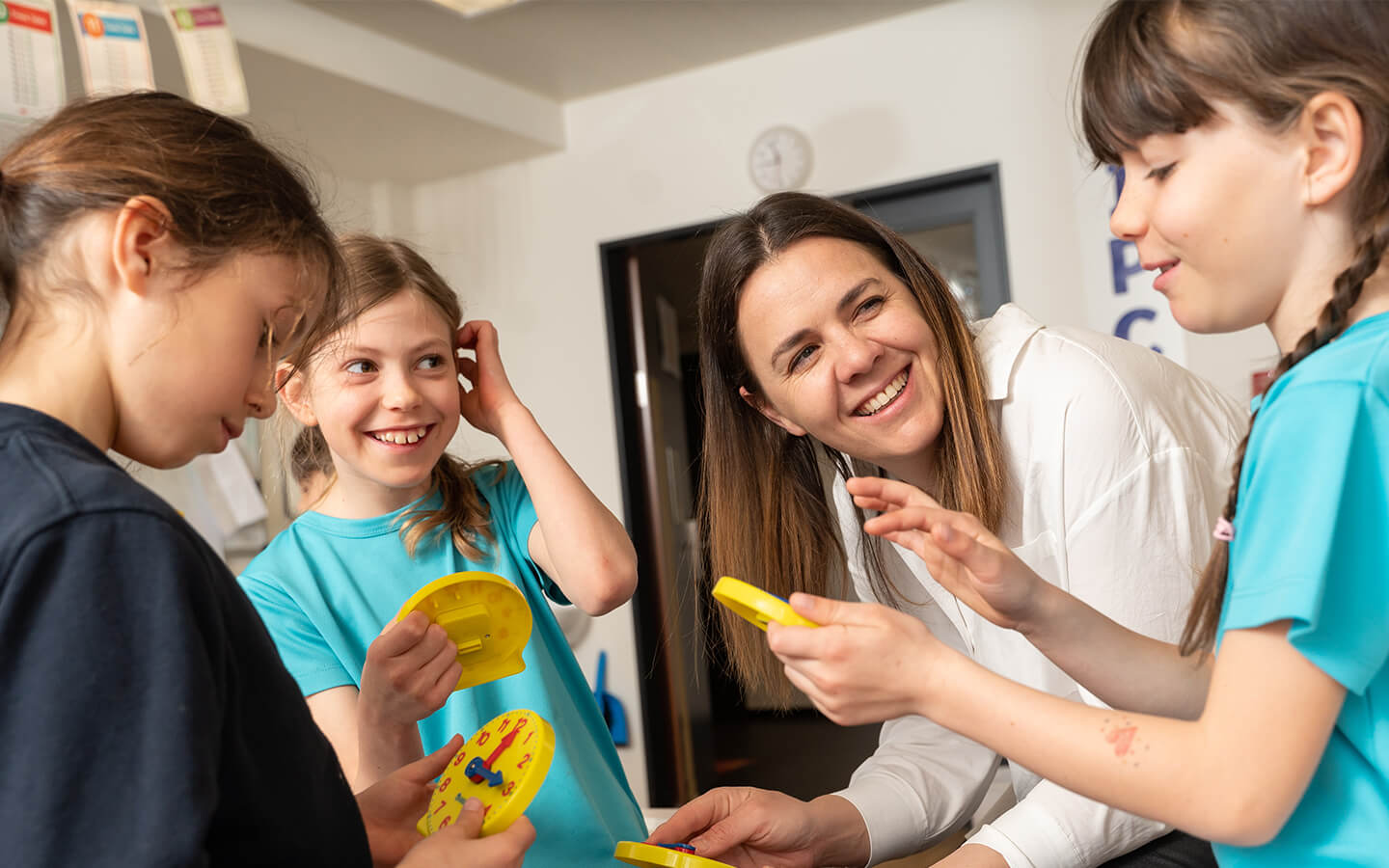OUR INTERNATIONAL BACCALAUREATE DIPLOMA PROGRAMME (IBDP)
At La Côte International School (LCIS) Aubonne, our Year 12 and 13 students study for the International Baccalaureate Diploma Programme (IBDP).
Our exceptional IB school in Switzerland offers a balanced and academically challenging two-year educational experience. One of the most highly regarded pre-university diplomas in the world, the IBDP leads to an internationally recognised qualification which, depending on the level awarded, gives students access to prestigious undergraduate courses here and overseas.
A holistic international school curriculum, the IBDP nurtures our students’ academic, social, emotional, and physical development. It sets them up for success in society through its global focus and comprehensive breadth of subjects and learning approaches.














